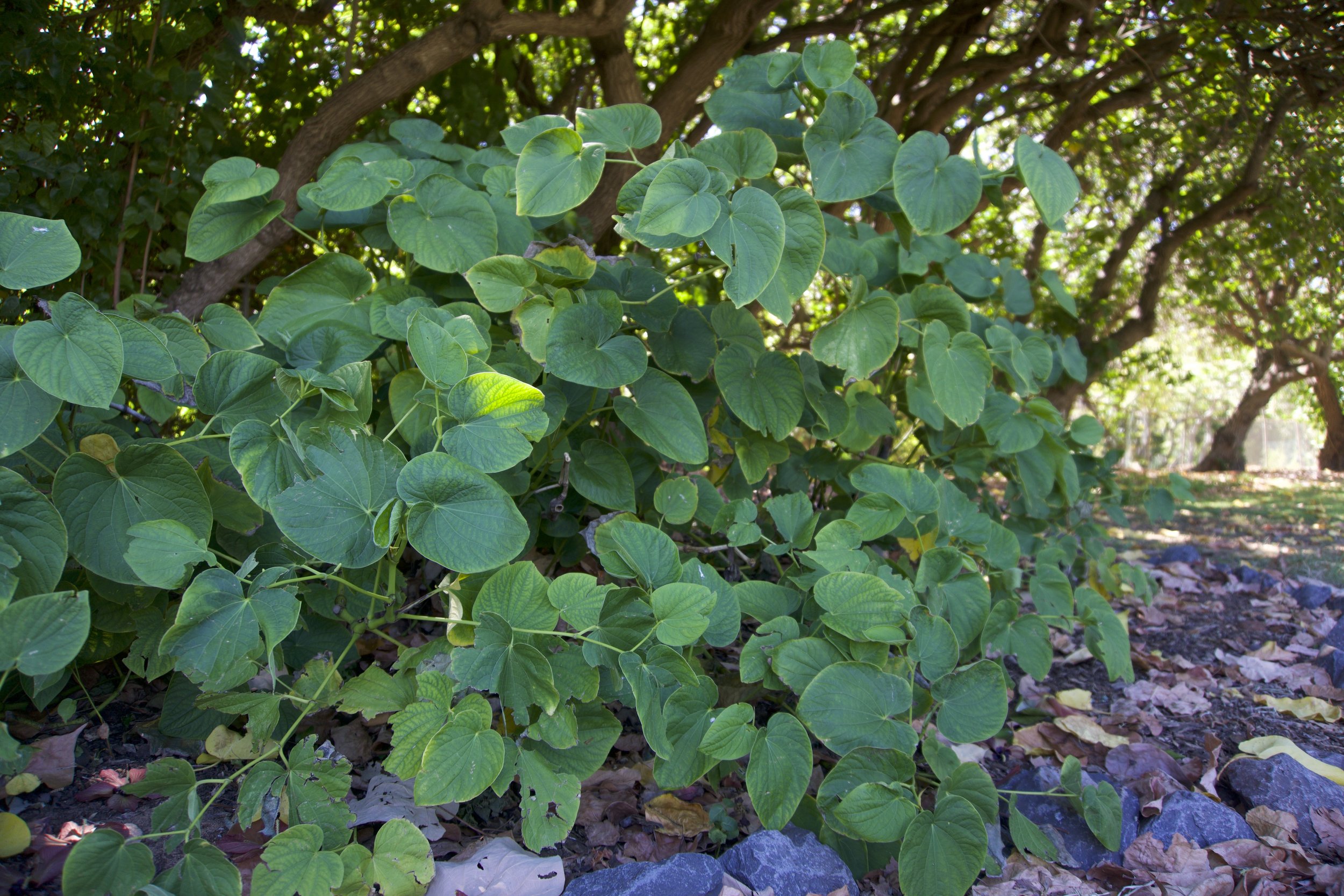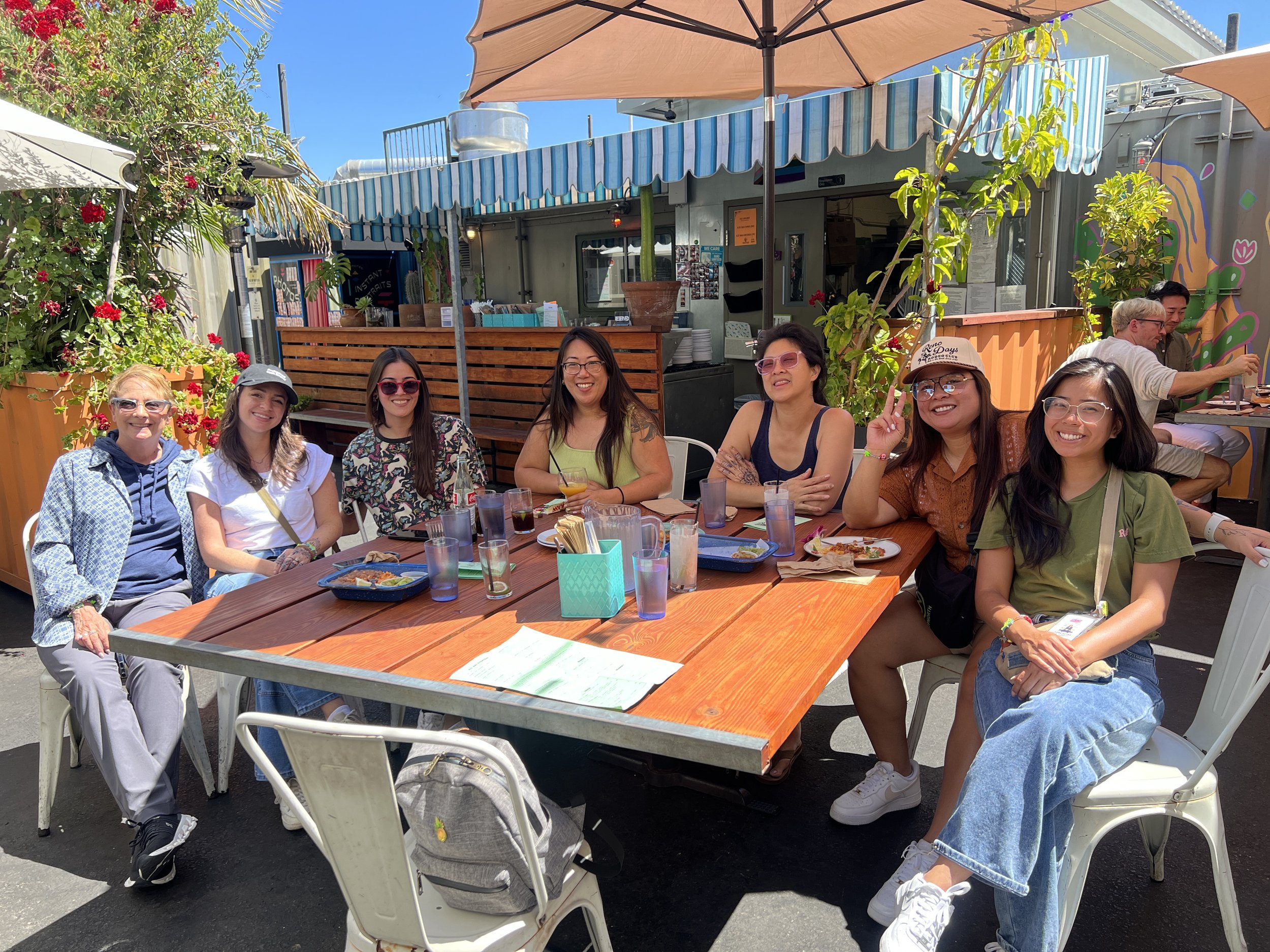The Importance of Medical Cannabis Cards: Education, Advocacy, and Access
The modern legal cannabis industry, as well as the traditional market, originated with a strong medicinal foundation. Cannabis has been used for centuries to regulate the body, and today, we understand that its vast therapeutic potential is due to its unique interaction with the endocannabinoid system (ECS). In fact, cannabis has more medical applications than any other medicinal plant. However, despite these benefits, confusion around obtaining a medical cannabis card prevents many from accessing the medical market. Read on to find out how NAP plans to address this issue:
Awkward Family Holidays? Can Your High Just Be Gone? THCV and the CB1 Receptor
THCV is almost identical to THC in structure, but has a different effects profile. Instead of activating the CB1 receptor, THCV just sits on the receptor, blocking it from becoming active. This results in a reduction of CB1 receptor activity. There’s early preliminary evidence that THCV can reduce the effects of negative effects of THC. Read more to see you can help us find out!
The Endocannabinoid System and Reproductive Health
When you hear about the endocannabinoid system (ECS), it's usually all about its superpowers in regulating sleep, mood, appetite, pain, memory, and learning. Impressive, right? But what’s rarely mentioned is the ECS's role in a system that does more than support one human but one that keeps the entire population afloat, the reproductive system.
Expanding Our Natural Medicines Research - Exploring the Potential Benefits of Kratom and Kava
NAP is about investigating all natural medicines with real world impact. Pharmacognosy is the study of medicinal drugs derived from plants and other natural sources, focusing on their biochemical properties and therapeutic potential. This blog explores the traditional uses and biochemistry of Kratom and Kava, highlighting their roles in herbal medicine and the need for scientific research to better understand their effects.
Meet Our Scientific Advisory Board - Who, What, and Where Our Research Priorities are Guided From
When we first formed the idea of the non-profit, finding our scientific advisors was a task that we took our time with and considered very carefully. It’s not easy being on the edge of constantly and rapidly evolving fields while prioritizing lived experience all while staying true to the core values of our mission. We knew that there was much we needed to consider in who we allowed to be in our inner circle guiding us, teaching us, and expanding our perspective on our research objectives. We are so proud and grateful to have the support of Dr. Allison Justice, PhD, The Dank Duchess, Marné Garretson, MPH, and Dr. Paloma Lehfedlt, MD as they have all personally been critically involved in the evolution of the work at NAP in this first year together.
Valuing Emotions in Education - the Neurodivergent Brain on Drugs Discussion #1
Combining stigmatized topics often leads to isolation and marginalization of the community affected. There has always been an intersection of neurodivergent brains and drugs, however, the community has been researched and treated as the problem, their lived experiences devalued, and relative public education and choices have been restricted. This blog post is a meta-analysis of a group activity created by participants in the 2024 Neurodivergent Brain on Drugs LIVE discussion on 9/29/24 highlighting the critical need for more community resources and public education for this population.
Instant Data - Fast, Real World Insights into Individual Effects of CBG and Anxiety
In a previous blog post, we explored the available scientific information on cannabigerol (CBG) and anxiety from three different peer-reviewed sources. The findings suggested that CBG is effective for anxiety, but there was a need for more information, because the effect was only slightly above placebo and at specific time points. In partnership with MoreBetter, NAP presents a rapid report into the first individual-specific onset data for CBG taken in real-time and a proof of concept for future studies.
The Emerald Cup
Riley recently ventured to Oakland, CA, for the 20th annual Emerald Cup, and the trip was an adventure from the start. Upon arriving in California, she indulged in an iconic rite of passage—a first-ever IN-N-OUT burger. Despite having visited the state before, this famous fast food chain had somehow eluded her. Unlike her previous trips focused on marine science, this time, Riley’s visit was all about cannabis—and, of course, the burgers!
Cannabigerol (CBG) and anxiety
Cannabigerol (CBG) is a minor cannabinoid that is on its way to becoming major. Sometimes referred to as the “mother of all cannabinoids,” CBG has recently become more available due to the rise in new genetics and product diversity. Read on to learn more about the new research emerging on CBG’s ability to reduce anxiety!
Balance + the Endocannabinoid System
The Endocannabinoid System (ECS) regulates the body by counterbalancing other biological systems. It’s an influential component to maintaining homeostasis in our body. If we can better predict and understand the role of various cannabinoids and enzymes in the ECS, we can in turn more reliably understand their effects on biological disorders and their accompanying symptoms.
New Cannabis Research Project Seeks to Learn What’s Behind the “Science of Smokeability”
This two-year, first-of-its-kind research initiative will combine laboratory research with consumer feedback to analyze cultivation and processing metrics to determine the factors that contribute to the most pleasant and least harmful smoking experience.
The Science Behind Smokeability
Enzymes - Living Machines that Control Nature’s Chemical Diversity
If receptors are like switches that control different systems and functions, then enzymes are like different tools in the tool belt to construct, break apart, and modify molecules. All of the molecules in cannabis we enjoy like cannabinoids and terpenes are created by enzymes and this is also going on inside our own bodies too where enzymes play a key role in the endocannabinoid system! Read on to learn more about the amazing, but often underappreciated living machines that control nature’s chemical diversity.
Neurodivergent Stoners - Do You have a Weird Brain?
Humankind is neurodiverse, which means that across all of humanity there are many different ways that the brain can function. And since humanity’s early evolutionary days, certain brains have gravitated towards cannabis. Stoners are a stigmatized group of different brains and we process the world around us in unique, beautiful, but sometimes challenging ways.
Happy 7/10! Community Data Share on Concentrate Dosage
July 10th or 7/10 is the day to celebrate concentrates, because 7/10 is “OIL” upside down. Concentrates are a large and ever-expanding class of cannabis products that can be used in many ways but are typically dabbed or vaped. Read on to see the most popular dabbing “dosage” from our early analysis!
NAP’s First Grant Submissions - Breaking Down the Barriers to Research
How does the government influence research priorities and direction? It provides the funding criteria. Read on to learn more about the grant funding process in academic research and a preview of pieces from NAP’s first grant submissions to both the federal government (NIH) and a private foundation (RWJ).
Happy Bicycle Day & 4/20! Community Data on Research Priorities from MJUnpacked
The first intentional LSD experience by Dr. Albert Hoffmann was on April 19th and there’s no need to introduce 4/20 to this community. At MJUnpacked, NAP collected data at our booth on the top research priorities of the community and the results highlight the need for accelerated research on the lived experience of cannabis consumers.
What Does a Stoner Look Like? (NECANN Boston Community Data)
On March 23 and 24th, NAP was at NECANN Boston collecting data and launching the “Weird Brains” science advocacy panel tour. Research will play a critical role in destigmatizing cannabis and advocating for increased access. Involving the community in the data collection process opens the doors for research to remain tangible and relevant to the cannabis community.
Cannabis Stigma Leads To Isolation and Increased Risk of Harm In High-Needs Medical Patients
Published in Effective Cannabis Newsletter 12/11/24 (LINK to article)
The first time I inhaled that sweet cheeba was the first time I felt like my life could possibly, just maybe, with a lot of effort (and with a lot of weed), be doable. The quieting of my mind, the warmth from laughing until I cried, and the way the In N’ Out fries exploded in my cheeks left a lasting impression. But paired with that joyous experience was the gut-clenching panic and anxiety that I have always been somewhat prone to.
An Early Analysis of the Most Comprehensive Longitudinal Dataset of the Cannabis Community
The stigmatization of cannabis and the negative stereotyping of the cannabis community comes from a history of propaganda, including the intentional devaluation of medical cannabis use. Some of our initial analysis highlights the need for more research that focuses on the benefits. Introducing the “Stoner Neurotype” - a perspective shift in how we view higher needs medical cannabis patients, or daily consumers, to be more neurodiversity-affirming.





















